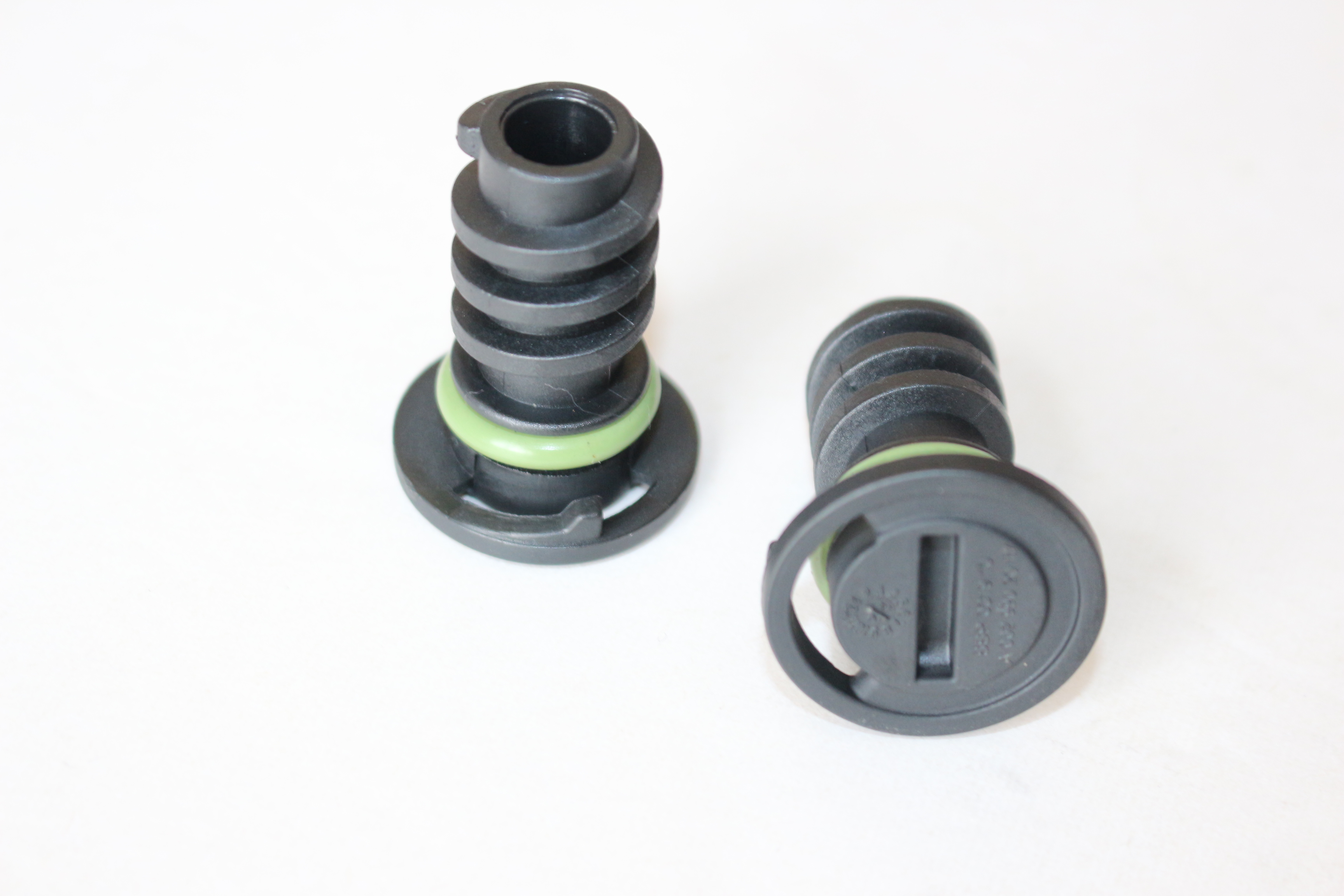centrifugal pump seal
Understanding Centrifugal Pump Seals
Centrifugal pumps play a crucial role in various industries, moving fluids through a system by converting rotational energy to hydrodynamic energy. However, one of the common challenges faced in centrifugal pump operation is ensuring a reliable seal. The integrity of the pump seal is vital for optimal performance, influencing both efficiency and maintenance costs.
At its core, a centrifugal pump seal serves to prevent the fluid being pumped from leaking out of the pump casing. Leakage not only leads to loss of the pump's efficiency but may also pose safety hazards and environmental concerns. The two primary types of seals used in centrifugal pumps are mechanical seals and packing seals.
Mechanical seals are widely preferred in modern designs due to their minimal leakage rates and ability to operate at higher pressures and temperatures. They consist of two faces, one stationary and one rotating, held together by springs. The contact between these faces creates a seal that can withstand substantial operational demands. Mechanical seals are available in various materials, catering to different chemical compatibilities and temperature ranges, making them suitable for diverse applications.
centrifugal pump seal

On the other hand, packing seals, also known as gland packing, consist of fibers that compress around the shaft to create a seal. While they may be less effective than mechanical seals in preventing leakage, packing seals are simpler and more cost-effective. They are often used in applications where the fluid being pumped is less aggressive and the cost of maintenance needs to be minimized.
The selection of the appropriate seal for a centrifugal pump is crucial and depends on several factors, including the nature of the fluid, operating conditions, and cost considerations. In high-pressure environments or with corrosive fluids, mechanical seals are often the best choice due to their reliability and performance. Conversely, for less critical applications or where budget constraints exist, packing seals might be more appropriate.
Regular maintenance is essential for both types of seals to ensure their longevity and efficiency. Monitoring for signs of wear, such as leaks or overheating, can prevent more significant issues down the line. Additionally, routine inspections and replacements can keep a centrifugal pump operating at peak performance, thus lowering operational costs and minimizing downtime.
In conclusion, understanding the importance of centrifugal pump seals is vital for maintaining efficient pump operations. By selecting the right type of seal and adhering to a proper maintenance schedule, industries can significantly enhance their operational efficiency and safety, ultimately resulting in a more productive and sustainable workflow.
-
Understanding the Front Main Engine Seal: Purpose, Maintenance, and Installation
News Jul.29,2025
-
Understanding O-Rings and Seal Rings: Types, Applications, and Custom Solutions
News Jul.29,2025
-
Understanding Crankshaft Oil Seals: Rear Seals, Pulley Seals, and Their Role in Engine Integrity
News Jul.29,2025
-
The Importance of Front and Rear Crankshaft Seals in Engine Performance and Oil Management
News Jul.29,2025
-
Crank Oil Seals: Functions, Types, and Cost Considerations in Engine Maintenance
News Jul.29,2025
-
A Comprehensive Guide to O-Rings and Seals: Types, Materials, and Global Applications
News Jul.29,2025
-
Mastering Diesel and Performance Engine Maintenance: A Guide to Critical Oil Gaskets
News Jul.28,2025
Products categories















